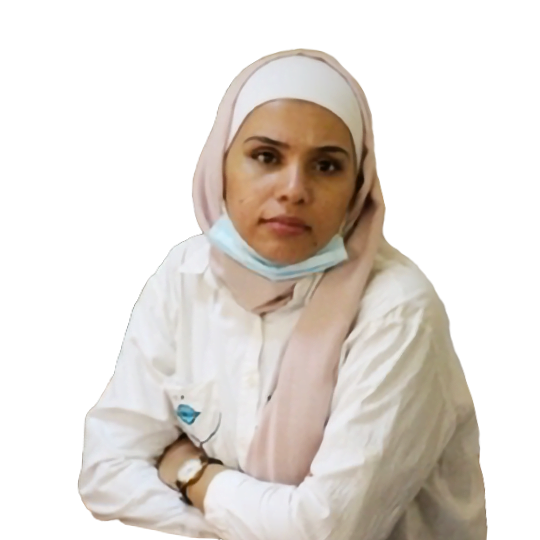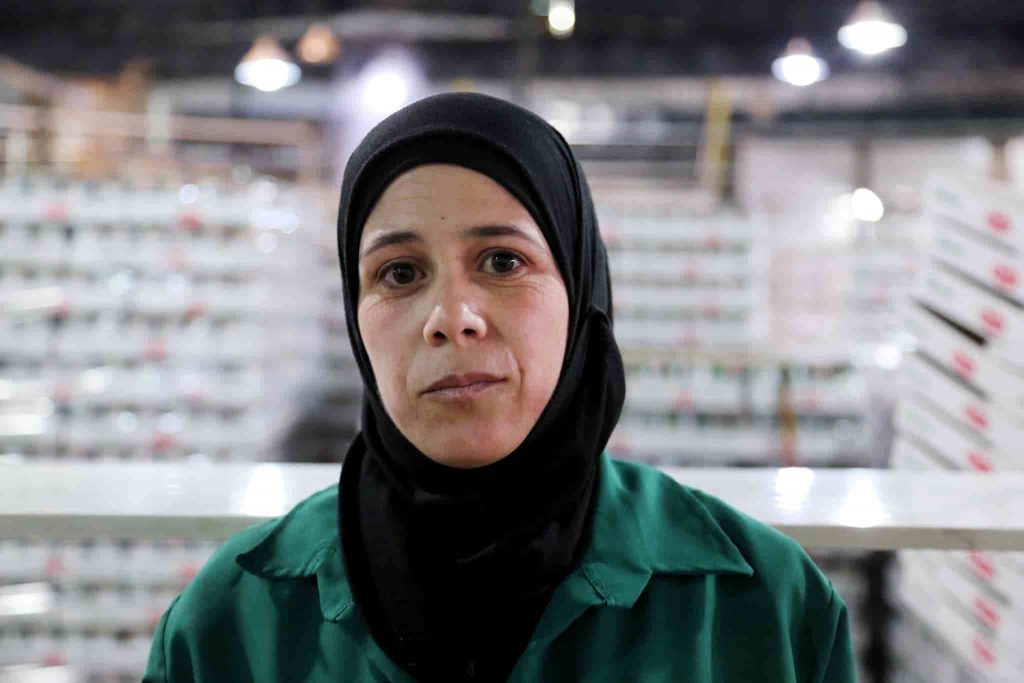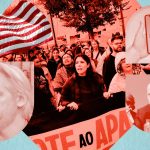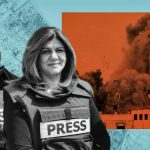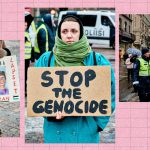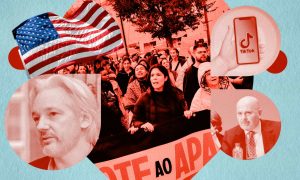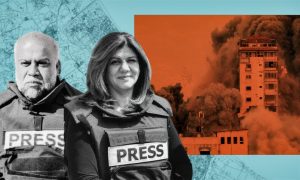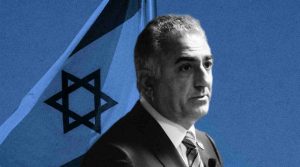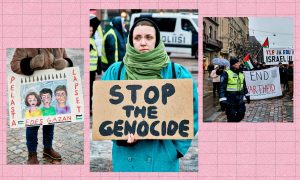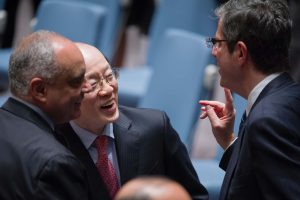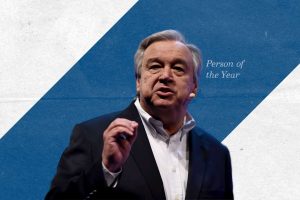Arabs say, “Who lives with a people for 40 days has become one of them.” How is it, then, that we have lived here for so many years now and are still living half-lives?
I am Syrian; I think this phrase is enough to indicate that I may be in Sweden, Germany, Egypt or one of the many countries Syrians have resorted to in order to survive the tragedy inside Syria. This tragedy has left Syrians under the rubble, submerged in the Mediterranean Sea as they try to cross into Europe, or languishing in a prison under interrogation; perhaps eviscerated or eviscerating themselves.
I Am A Syrian Refugee Who Lives In Lebanon
This cruel place that has hurt me and I feel the bitterness of asylum thousands of times. Every moment it reminds me that I do not deserve to live like the rest of my peers in other parts of the world.
Nowadays, Syrians have become one of the many groups who flocked to UNHCR sites and other refugee support organisations. Asylum involves many tragic feelings, as well as fond memories of better times. To be a refugee means to carry a lot of feelings locked inside your chest; feelings for the times that have gone and you have had to give up for these lingering days. Memories of family reunions and the beautiful sessions with father, mother, grandfather, grandmother and the whole family come pouring back, especially on the feast days.
The Eid al-Fitr, the Eid al-Adha and Ramadan, the month of good things… they come to you with every lover, relative and companion. Then you wake up to find yourself alone; no one is holding you together. When Eid comes, you do not wake up early; because you don’t want to have to face the reality that no one will be coming to visit you; there is no one to dress up specially for. You are in a country where you know no one; where everyone is preoccupied with their relatives and loved ones, while you are alone: a refugee. Even though people are around you, everything is strange.
Being a refugee means that you feel like a second-class citizen all the time, after a country’s first-class citizens. They have more, or at least they have a certain stability; and you are always afraid of upsetting them. The first-class citizens have rights. They can get positions with government departments, as teachers, as engineers… They can have unions and other benefits. The refugee has to be grateful for menial jobs and often have to work in secret.
To be a refugee means to live with new cultures and new customs. Arabs say, “Who lives with a people for 40 days has become one of them.” How is it, then, that we have lived here for so many years now and are still living half-lives?
Being a refugee means being in a camp where children die from the cold. There is no roof to protect you; there is no flooring to protect you; there is not enough cover around you to shelter you from the cold nights and bad weather. We wait daily for European and Arab aid: medicines and other essentials.
In the end, being a refugee is being a story in itself. It may appeal to many, to write about one’s own tragedy and dismay. Just as the story of Spartacus, which told of the plight of slaves in the Roman Empire and their attempt to gain freedom from the oppression of masters; or Victor Hugo’s Les Misérables, or many novels which portray the injustice faced by the refugees, the missing, the oppressed, the bruised and the wounded. Such stories may capture the attention of filmmakers to make a new film on your ruins and on the shreds of your bones. A novel, or series, has an aspect of reality and truth that motivates the human imagination to create, produce and write, but we are more than just a story.
- Diaries from Refugee Camps is a Gordian Magazine series that gives readers a glimpse inside the challenging life of refugees around the world. Are you a refugee and would like to share your story? Please write to us.


